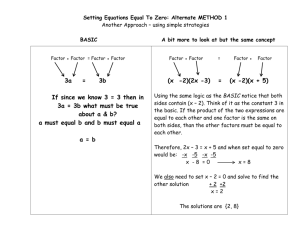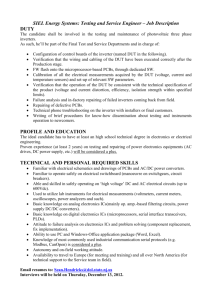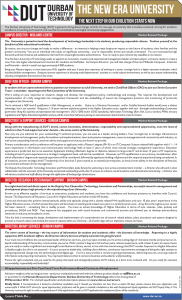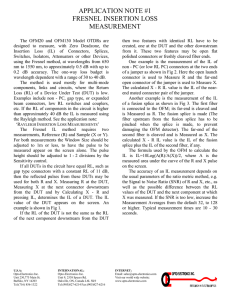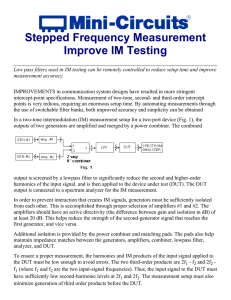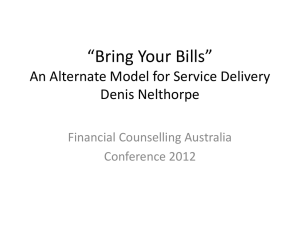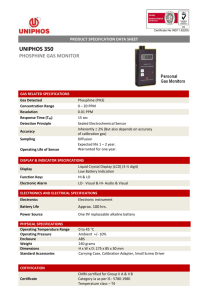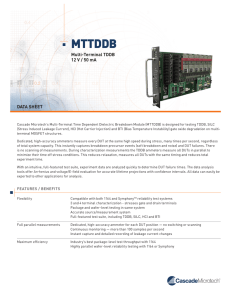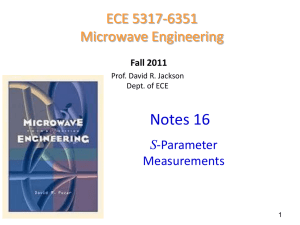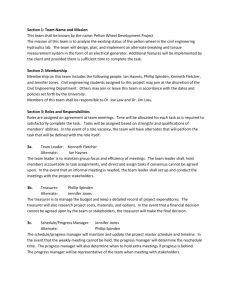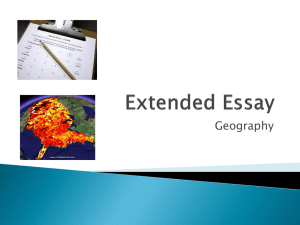Description Details
advertisement
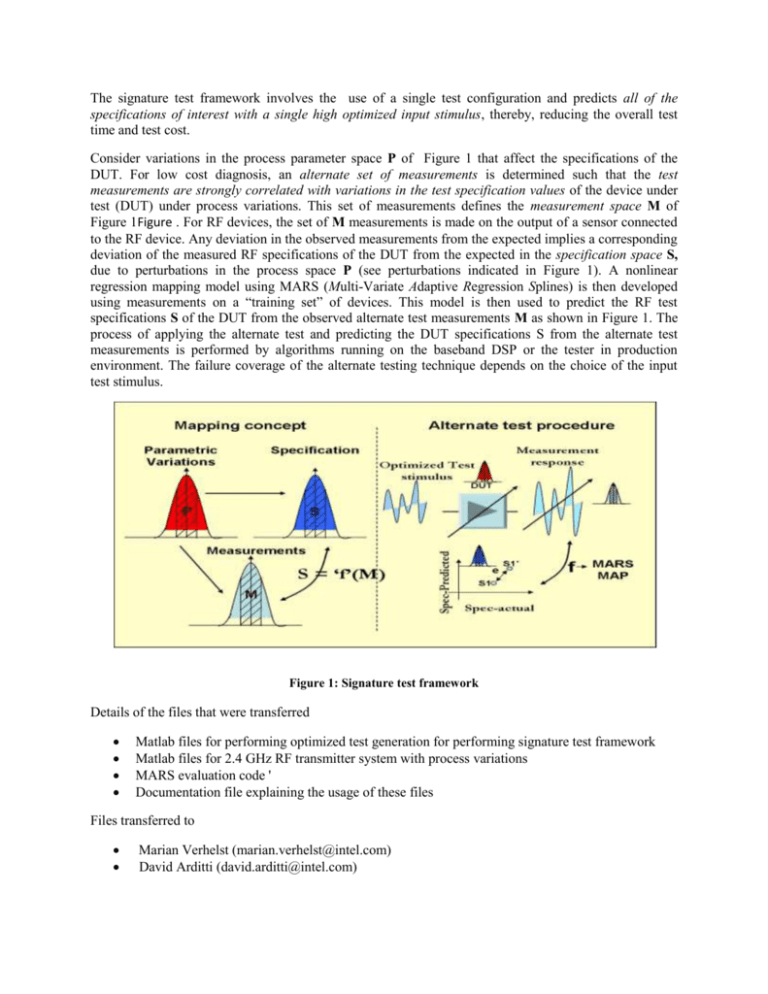
The signature test framework involves the use of a single test configuration and predicts all of the specifications of interest with a single high optimized input stimulus, thereby, reducing the overall test time and test cost. Consider variations in the process parameter space P of Figure 1 that affect the specifications of the DUT. For low cost diagnosis, an alternate set of measurements is determined such that the test measurements are strongly correlated with variations in the test specification values of the device under test (DUT) under process variations. This set of measurements defines the measurement space M of Figure 1Figure . For RF devices, the set of M measurements is made on the output of a sensor connected to the RF device. Any deviation in the observed measurements from the expected implies a corresponding deviation of the measured RF specifications of the DUT from the expected in the specification space S, due to perturbations in the process space P (see perturbations indicated in Figure 1). A nonlinear regression mapping model using MARS (Multi-Variate Adaptive Regression Splines) is then developed using measurements on a “training set” of devices. This model is then used to predict the RF test specifications S of the DUT from the observed alternate test measurements M as shown in Figure 1. The process of applying the alternate test and predicting the DUT specifications S from the alternate test measurements is performed by algorithms running on the baseband DSP or the tester in production environment. The failure coverage of the alternate testing technique depends on the choice of the input test stimulus. Figure 1: Signature test framework Details of the files that were transferred Matlab files for performing optimized test generation for performing signature test framework Matlab files for 2.4 GHz RF transmitter system with process variations MARS evaluation code ' Documentation file explaining the usage of these files Files transferred to Marian Verhelst (marian.verhelst@intel.com) David Arditti (david.arditti@intel.com)

